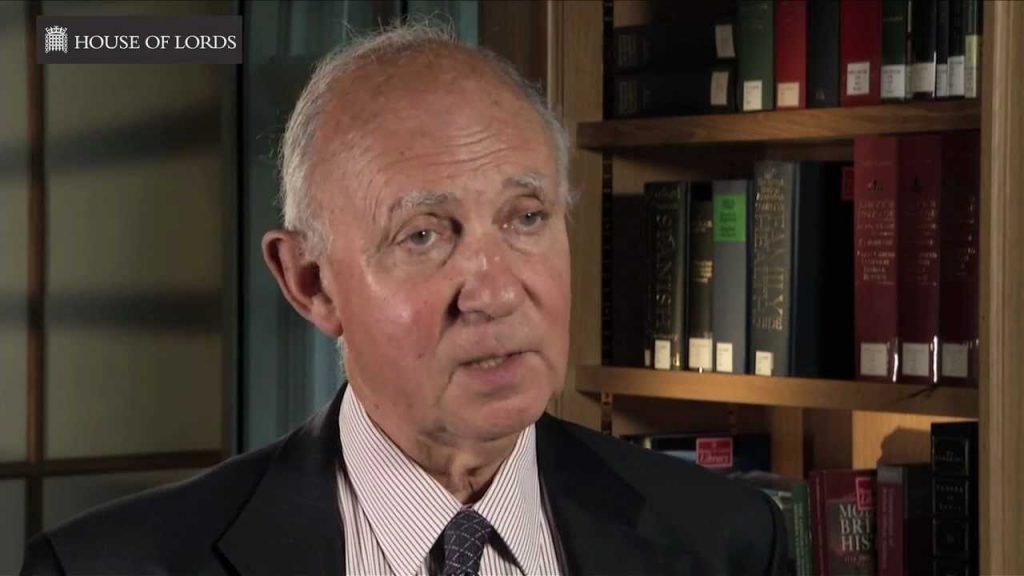The 15thanniversary of the failure to unite Cyprus in twin referendums is “no occasion for celebration”, Britain’s former envoy to Cyprus has said in exclusive comments to T-VINE.
David Hannay – now Lord Hannay of Chiswick – was the UK’s special representative for Cyprus from 1996 to 2003, as it played a key role in the efforts to reach a solution in Cyprus so that a united island could enter the European Union in May 2004.
Simultaneous referendums held on both sides of Cyprus on 24 April 2004 saw the so-called Annan Plan approved by two-thirds of Turkish Cypriots, but rejected by three-quarters of Greek Cypriots – meaning only the South of Cyprus was admitted to the EU.
Lord Hannay, who later that year published a book called Cyprus: The Search for a Solution, says that neither side is in a “better place today than it was then”.
Writing for T-VINE, he says: “No territory returned to the Greek Cypriots; no property settlement; no Turkish troops withdrawn from the island.
“For Turkish Cypriots, no better access to European markets; no politically equal share on the government of the island. And even the discovery of substantial reserves of natural gas in the Mediterranean waters around the island is turning more into a bone of contention than into the boost for the prosperity of all Cypriots, which it could have been and could still be.”
Lord Hannay says he does not question the “validity” of the referendums, adding that “trying to re-write history is like trying to re-constitute eggs from an omelette”.
He believes that trying to “impose” a solution on the people of Cyprus would not work, but that there was still hope of “capturing that elusive animal, a bi-zonal, bi-communal federation” despite the collapse of talks at Crans-Montana, Switzerland, in 2017.
Lord Hannay’s exclusive comments for T-VINE in full:
An opportunity missed
The fifteenth anniversary of the two referendums in Cyprus on the Annan Plan is no occasion for celebration. Rather the contrary. Neither side who voted contradictorily in 2004 is in a better place today than it was then.
No territory returned to the Greek Cypriots; no property settlement; no Turkish troops withdrawn from the island.
For Turkish Cypriots no better access to European markets; no politically equal share on the government of the island. And even the discovery of substantial reserves of natural gas in the Mediterranean waters around the island is turning more into a bone of contention than into the boost for the prosperity of all Cypriots which it could have been and could still be.
None of this sorry catalogue of failure is to contest the validity of both the referendums held in 2004.
Trying to re-write history is like trying to re-constitute eggs from an omelette. Nor is it for an outsider who, like the present writer, tried to help Cypriots reach a negotiated solution and then to endorse it, to try to impose a solution the two peoples are unwilling to support. That was tried too often in the past; it did not work then and it will not work now.
So, is there no hope of ever capturing that elusive animal, a bi-zonal, bi-communal federation that makes a living reality of political equality, which remains the only viable basis for a settlement which re-unites the island?
I do not myself think so, even after the most recent setback at Crans-Montana. There is no point in simply playing the blame game over the responsibility for the failure to reach agreement there.
More useful, surely, to persevere in the search for a negotiated solution, learning from the mistakes of the past and keeping one’s eyes firmly focussed on the prize in terms of greater prosperity and security for all Cypriots that is potentially attainable.
What better legacy for that great statesman and peace-maker, Kofi Annan, who died last year can one imagine than that!




